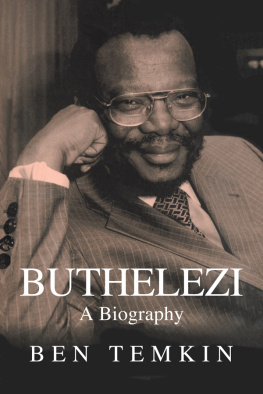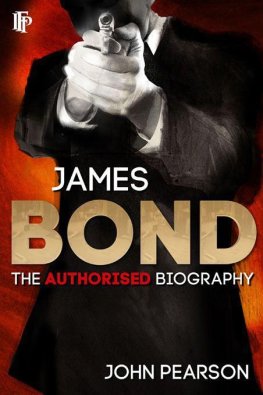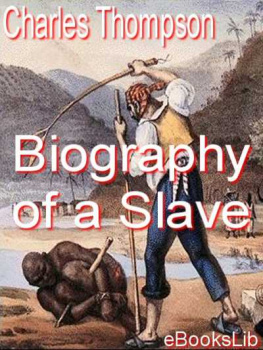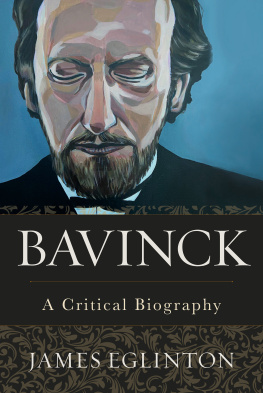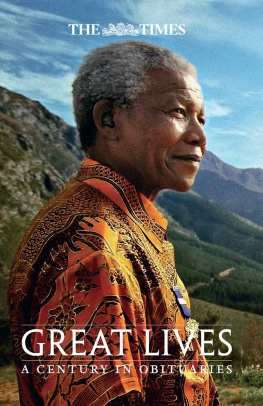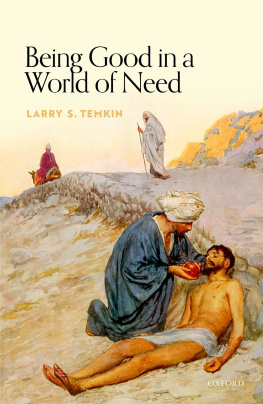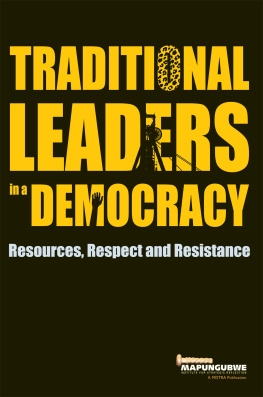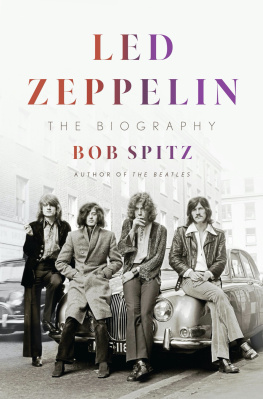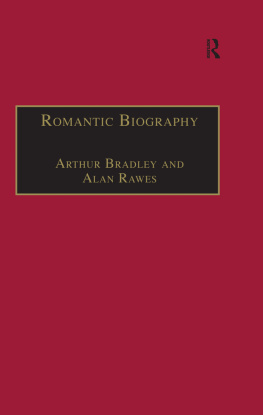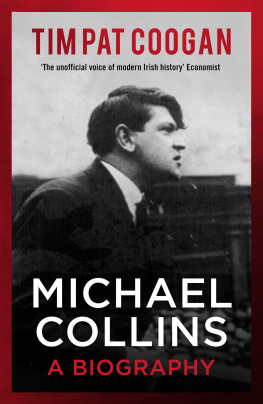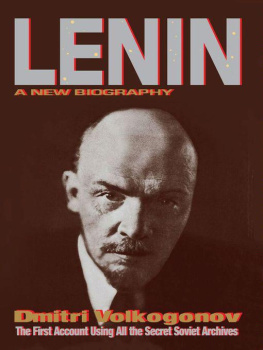First published in 2003 in Great Britain by
by Routledge
2 Park Square, Milton Park, Abingdon, Oxon, OX14 4RN
270 Madison Ave, NewYork NY 10016
Transferred to Digital Printing 2010
Copyright 2003 Ben Temkin
British Library Cataloguing in Publication Data
Temkin, Ben
Buthelezi: a biography
1. Buthelezi, Mangosuthu G. (Mangosuthu Gatsha) 2. Statesmen South Africa Biography 3. South Africa History 1961 4. KwaZulu-Natal (South Africa) Politics and government 1910
I. Title
968.06092
IBSN 0-7146-5254-7 (cloth)
ISBN 0-7146-8231-4 (paperback)
Library of Congress Cataloguing-in-Publication Data
A catalog record for this book is available from the Library of Congress
All rights reserved. No part of this publication may be reproduced, stored in or introduced into a retrieval system or transmitted in any form or by any means, electronic, mechanical, photocopying, recording or otherwise, without the prior written permission of the publisher of this book.
Publishers Note
The publisher has gone to great lengths to ensure the quality of this reprint but points out that some imperfections in the original may be apparent.
No, I lived not under foreign skies,
Sheltering under foreign wings:
I then stayed with my people.
There where my people unhappily, were.
Anna Akhmatova (taken from her Rekviem, this extract published in the Siege of Leningrad by Harrison E. Salisbury, Secker & Warburg (1969).
To the memory of Albert Lutuli, patriot, and for my Mother, who knew compassion.
And for my wife Jean and for Irene Buthelezi.
Even before my earlier biography of Mntwana Mangosuthu Buthelezi was published in 1976, I was unhappy with it. For one reason, it was completed under considerable pressure from the publisher who had, for commercial reasons, brought the deadline forward. For another, it was in printing as the protests of the youth in the townships had begun to move from Soweto to other areas a revolt which even then was changing the political face of South Africa. Thirdly, Buthelezi himself had only just begun a process of reaching out, through the formation of Inkatha, to create a mass movement for Blacks which would, it was hoped, be a focal point for internal black opposition to the apartheid regime, since the banned ANC was powerless to organise such a movement itself.
In a sense, to use the cliche, if Inkatha managed to achieve its aim of becoming a mass movement, the government would be hoist by its own petard if the government was serious about allowing the homelands to develop their own organs for social and political interaction, it would have considerable difficulty in banning Inkatha, whose principal aim was to develop and build the national consciousness of the Zulu people, and the black peoples of South Africa as a whole.
That Inkathas main purpose was political was undeniable. The organisation was indivisible in its social, cultural and political aims, and it challenged the government on what it propagated as its main purpose.
It is hardly surprising that the government chose in the end not to challenge Inkatha, but to try to subvert it. More will be told in the appropriate context. What was key at the time the earlier book was written was that there was undeniable pressure on Buthelezi both his personal conviction, and from some of those close to him or from the ANC to tread carefully. At the stage that the page-proofs were being read, extensive revisions were requested. This was an authorised biography and ultimate control was in the hands of the subject. Even if this had not been the case, caution had to be exercised if the account of the life of the subject, who was still alive, was to be both factual and, more especially, objective.
I had been warned by the late Alan Paton that this would be a problem. He had abandoned a biography of Roy Campbell, not because Campbell was still alive but because his widow was, and, for various reasons, her being alive made it impossible for him to tell the story as he would have liked. He warned me that I would have many difficulties. One, for example, would be in dealing with the dispute between Buthelezi and his half-brother, Mceleli. As it turned out this was not a problem. The problems I had were more to do with political sensitivities and my publisher, the late Frank Low, and I agreed to a number of cuts and changes, but would not countenance the major revisions that were asked for. While personally I wished to revise the book as a whole, with or without the suggested changes, time had run out and it was published in September 1976.
Subsequent to publication I had several discussions on the book with Tom Lodge, who is currently professor of political science at the University of the Witwatersrand. He made some invaluable notes on part of the text and, in 1980, agreement was reached with an American publisher in principle for the publication of a revised version. This would have been an ideal arrangement as I could then have included material which, for legal reasons, could not be included in a South African text for example, the quoting of persons and publications which were banned. Unfortunately, the agreement did not get beyond the talking stage as the publishing house was taken over and the new proprietors were uninterested in a book on an exotic political personality which they believed, possibly correctly, would have limited sales in the United States market.
Ahead of the first democratic elections in South Africa, I decided to return from the Netherlands where I had then been living and managing a business for some six years. One of the main reasons was to write this book, a project that has taken somewhat longer than intended. I wrote to Buthelezi and told him that I was planning to write the new biography. He agreed to co-operate by giving me interviews and making documents and papers available, although this would not be an authorised biography.
To bring this book to birth, Jean (my wife and principal researcher) and I have spoken to friends and enemies of Buthelezi as well as many people who are politically neutral to him and mainly, therefore, objective about him, his motives and his actions. Inevitably, with so controversial a subject, we have encountered overt and covert hostility. Several of his most vociferous critics refused, mainly on flimsy grounds such as lack of time for periods of up to a year in the future, or conflict of interest, to be interviewed. I would have thought that they would have welcomed the opportunity to contribute towards the record, but it is not my place to question their motives.
It has not been my aim in this book to white-wash I hope I will be excused the play on words Buthelezi, who has been one of the leading players in the South African political arena for more than three decades. He and the Inkatha Freedom Party are givens in the South Africa that has emerged since its people, as a whole, were enfranchised in 1994. There are clearly controversial issues that have not yet been fully resolved and which may continue to be debated and even fought over for years yet. I have tried to present both sides of these issues and perhaps plead too much for the benefit of the doubt to be given to my subject. There are also elements of his character which antagonise some people some of these to an alarming degree. That this is so is evidence only that he falls short of perfection, something that is characteristic of all of us. Journalists in particular are among those who vehemently abuse his character, again hardly surprising since he makes no secret of his dislike for those who attack him in the form of hostile rhetorical questions along the lines of when did you stop beating your wife? He is impatient with such persons and often unkind. He is also unkind to those who write stories about him without first substantiating their facts. Many journalists in this country are used to being courted, not discomfited, and I have not been side-tracked into reacting to their discomfiture.


